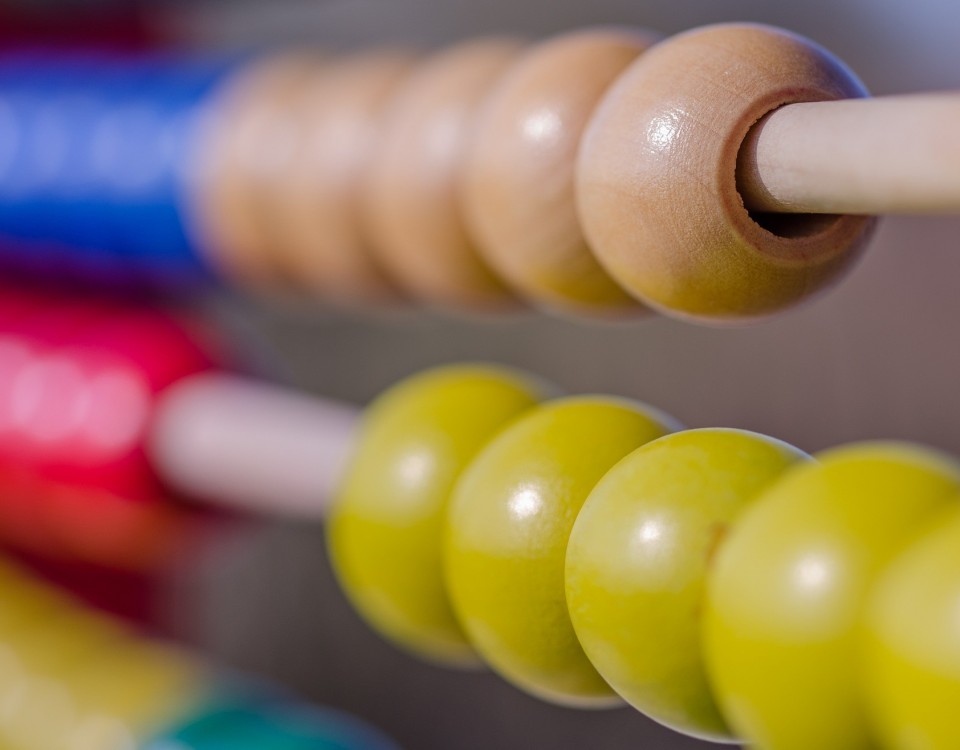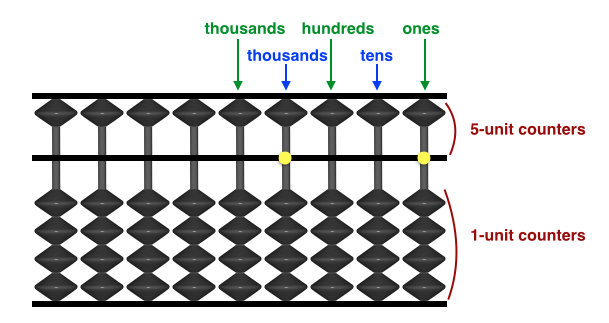News
Soroban maths could be the answer to improving maths capabilities in South Africa. This unassuming Japanese abacus could make a significant impact to education from an early age.
The South African government spent over R200,000 billion on basic education in 2015/16. This is the largest portion of gross domestic product spent on education in Africa and yet our performance levels are lower than many other African countries and the lack of maths related skills continues to grow.
South Africa’s maths and science education ranked in the bottom 10 countries in the world according to a report by the Organisation for Economic Co-operation and Development. We even ranked lower than Ghana.
Perhaps the reason for this has to do with the educational techniques used. It has been shown that active learning techniques can enhance the learning process. This is especially true in subjects that are more difficult to master, such as mathematics. Unfortunately, more often than not, education is a passive process with the teacher standing in the front and speaking to the students who are not actively involved.
Active learning techniques engage the learners by using a multi sensory experience and involving them in experiments and presentations rather than just listening to a lecture. Use of a soroban is an active process involving touch, sound and sight.
The answer to the South African maths problem might just be a fundamental shift in thinking and could lie in soroban mathematics as an active, hands-on learning process.
A challenge to this, though, is that teachers need to be trained on active learning processes and an evolution in education is needed. Education must become something far more exciting for learners.
Implementing soroban tutorials and creating a soroban education centre pilot project would be the next logical step towards a better maths education.
The best part is that this kind of learning can be done from a very early age, thereby boosting maths literacy before school even starts.
In a country desperate for math related skills, like engineering, a soroban maths curriculum might just be the answer.
You can see more on AplusStudents, the home of soroban maths South Africa.



